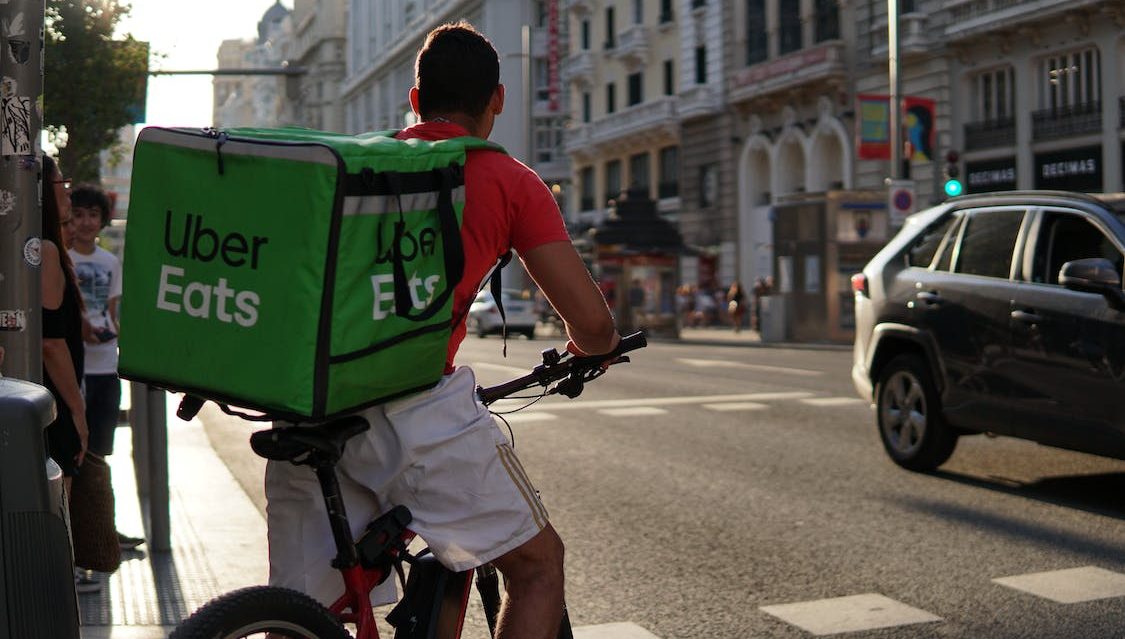The proposed reforms would allow gig workers to be protected under the Fair Work Commission, giving them the ability to apply to the commission for orders for minimum standards, including pay, penalty rates, and deactivation—that is, when a worker is removed from an app, rendering them unable to earn an income from the service.
Gig workers would retain their status as independent contractors and would not be guaranteed the national minimum wage of employees, but could be granted a minimum rate per hour, per five-minute block, or per job.
The protections for gig economy workers form one of four major parts of the Albanese government’s Closing Loopholes bill, which seeks to provide equal pay for labour hire workers, criminalise wage theft, and improve the rights of casual workers.
More than 150,000 gig workers use Uber’s delivery and rideshare platforms to earn a living.
However, Uber has argued against the proposed reforms, claiming that minimum pay could drastically raise prices for consumers.
In the report submitted by Uber, it suggests that prices could increase by approximately 55 per cent more for rides and 65 per cent more for delivery services under the proposed reforms.
The company’s spokesperson said that the company was still committed to working with the government to amend the reforms.
“While our submission outlines some potential impacts of the bill as it is written, we believe these can all be avoided with some practical amendments that more clearly address the unique qualities of platform work,” the spokesperson said.
Nick McIntosh, assistant secretary of the Transport Workers’ Union, said that the minimum standards would be introduced in a “pretty robust, fair process that is not going lead to an outcome anything like what Uber is suggesting.”
“Food delivery is an industry where we’ve lost at least 13 lives of workers that we know,” said McIntosh.
“We know that 66% of full-time workers earn below the minimum wage. We know that there are many people injured on a daily basis with no recourse to workers’ compensation and we know that workers can get deactivated for any reason without any recourse.
“So clearly, this is an industry that needs minimum standards. What those standards are or should be is ultimately going to be a matter for the Fair Work Commission.”
Industrial relations expert Fiona Macdonald, from the Australia Institute, said that the figures submitted by Uber only highlighted the poor pay conditions of workers.
“What that is reflecting is the current below-acceptable levels of pay being received by the current workers,” said Macdonald.
“If platform companies are making a profit that relies on paying workers less, then arguably the difference could come out of the companies’ pockets, not the consumer’s.”






